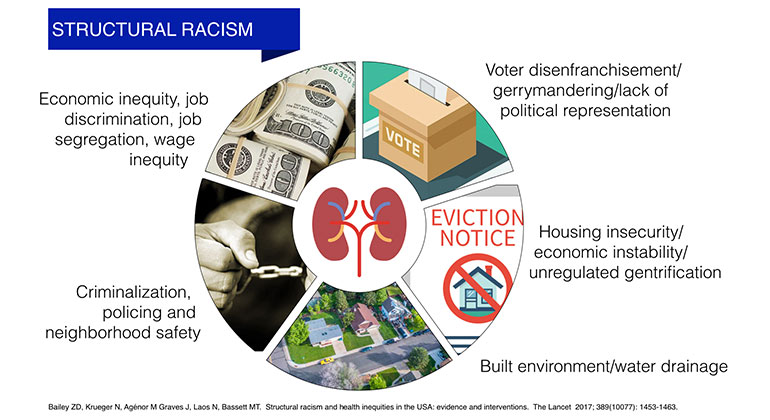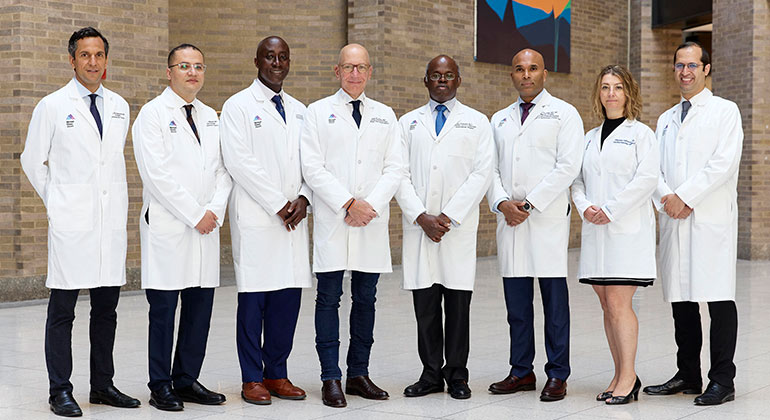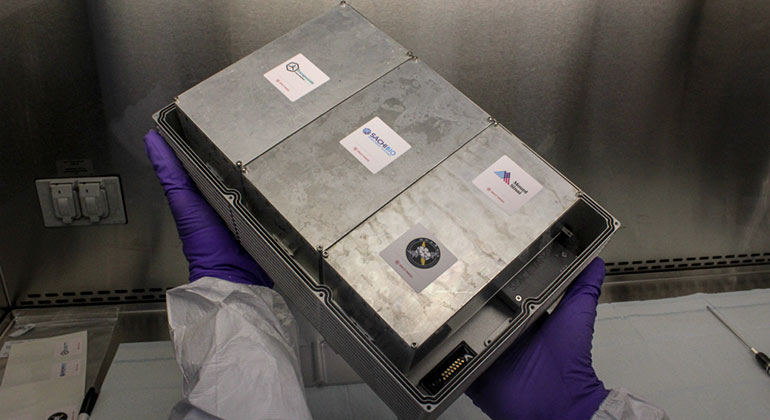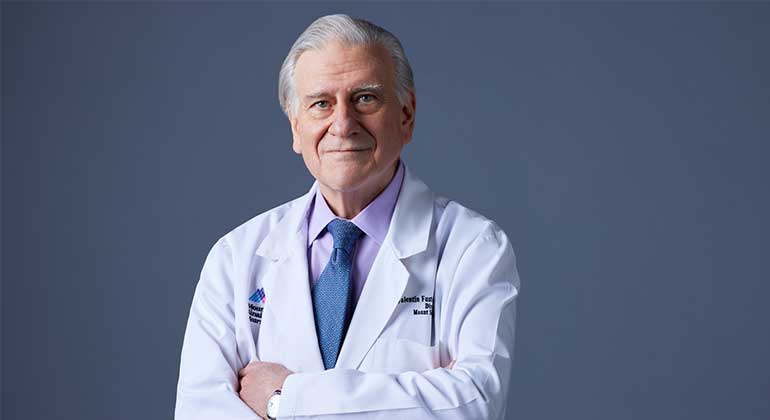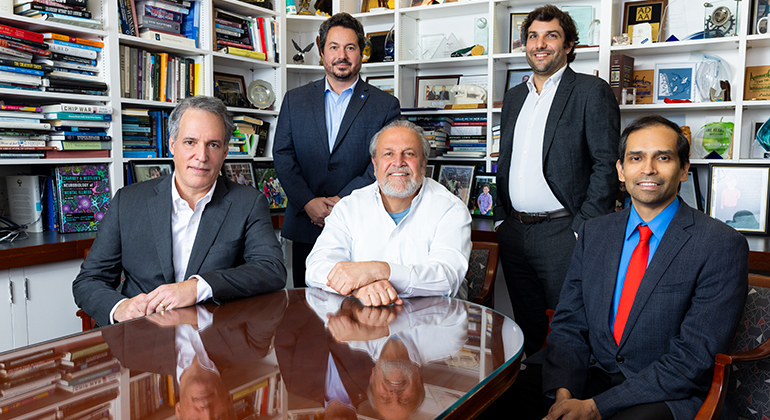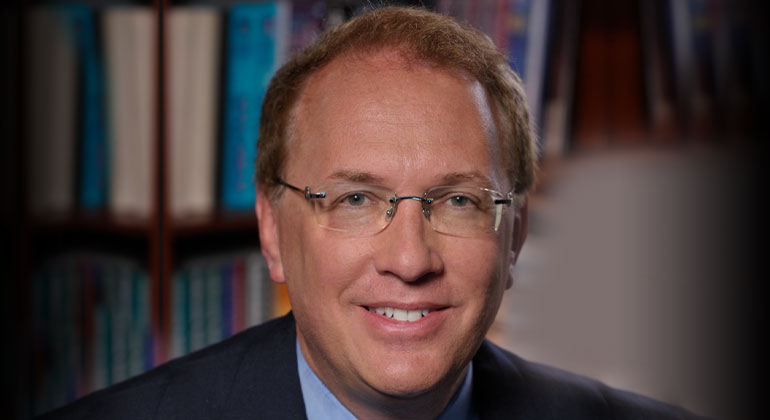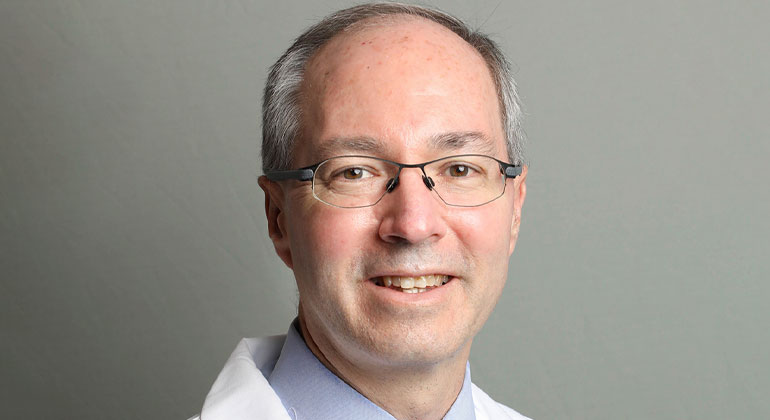September 11 Linked to Two Heart Disease Culprits: Obstructive Sleep Apnea and Post-Traumatic Stress Disorder
New study shows high levels of exposure to inhaled particulate matter by first responders at Ground Zero linked to the risk of obstructive sleep apnea and PTSD.
Icahn School of Medicine at Mount Sinai researchers have linked high levels of exposure to inhaled particulate matter by first responders at Ground Zero to the risk of obstructed sleep apnea and post-traumatic stress disorder (PTSD), both conditions that may impact cardiovascular health.
The two separate studies were both presented on March 20 at the American Heart Association's EPI/NPAM 2014 Scientific Sessions in San Francisco, California by cardiologist Mary Ann McLaughlin, MD, MPH, principal investigator for the WTC-CHEST Program at Mount Sinai, a subset of the World Trade Center Health Program Clinical Center for Excellence at Mount Sinai.
"Our study shows high exposure to the massive dust cloud of air pollution at Ground Zero has increased the risk among first responders of both obstructive sleep apnea and PTSD," says Dr. McLaughlin of the WTC-CHEST Program at Mount Sinai. "As a result, this puts our 9/11 first responders at higher risk of developing heart disease."
Due to 9/11 tragedy first responders at Ground Zero were exposed to varying levels of a dust cloud of air filled with cement dust, smoke, glass fibers, and heavy metals. The WTC-CHEST Program at Mount Sinai has previously linked this particulate matter exposure to lung, heart, and kidney disease abnormalities. Now the research team's studies found further research evidence linking sleep apnea and PTSD to exposure of the 9/11 particulate matter.
In each of the two analyses, researchers studied the same WTC-CHEST Program population of more than 800 participants between January 2011 to September 2013 with varying exposure to particulate matter ranging from very high, high, intermediate, and low, taking into account each first responder's time of arrival, proximity, duration, and level of exposure at Ground Zero.
"Elevated exposure to the particulate matter from 9/11 caused upper airway inflammation and is a significant contributing factor to the pathogenesis of obstructive sleep apnea," says Dr. McLaughlin. "There is strong evidence in our study data showing a significant risk of inhaled particulate matter exposure and risk of obstructed sleep apnea in the studied group of WTC first responders."
In addition, researchers linked particulate matter inhalation to the high risk of PTSD. Study results show those with very high or high exposure were more likely to have PTSD. Also, they found that those responders with PTSD also had elevated biomarkers for increased cardiovascular disease risk including high sensitivity C-reactive protein (hsCRP), a key biomarker of inflammation indicative of increased cardiovascular risk. Those WTC responders with PTSD had significantly higher hsCRP levels.
"High levels of exposure to particulate matter may lead to sleep apnea and PTSD, and as a result a high risk factor for cardiovascular disease," says Dr. McLaughlin. "As a result of our new study findings, we plan to further closely monitor our WTC first responders for heart disease warning signs."
This research study was funded by the Centers for Disease Control and Prevention (CDC) and the National Institute of Occupational Safety and Health (NIOSH).
Dr. McLaughlin is the principal investigator for the WTC-CHEST Program at Mount Sinai evaluating the effects of exposure in WTC responders 10-14 years following the events of 9/11. The research studies seek to further examine the relationship between pulmonary and cardiac function abnormalities, other markers of chronic cardiopulmonary disease, kidney dysfunction, and further elucidate the pathophysiologic effects of exposure to inhaled particulate matter on 9/11.
The WTC Health Program, Clinical Center of Excellence at Mount Sinai is a treatment and monitoring program for emergency responders, recovery workers, residents, and area workers who were affected by the terrorist attacks in New York City on September 11, 2001. The program identifies mental and physical health problems needing timely treatment; evaluates the health of first responders; monitors the development of symptoms; and researches the effects of 9/11 through data collection and analysis. Located at Mount Sinai and several other clinics in the tri-state area, the Clinical Centers of Excellence and Data Centers are the result of the James Zadroga 9/11 Health and Compensation Act, which provides $4.3 billion in federal funding to serve the health needs of the brave men and women impacted by the WTC tragedy.
About the Mount Sinai Health System
Mount Sinai Health System is one of the largest academic medical systems in the New York metro area, with more than 43,000 employees working across eight hospitals, over 400 outpatient practices, nearly 300 labs, a school of nursing, and a leading school of medicine and graduate education. Mount Sinai advances health for all people, everywhere, by taking on the most complex health care challenges of our time — discovering and applying new scientific learning and knowledge; developing safer, more effective treatments; educating the next generation of medical leaders and innovators; and supporting local communities by delivering high-quality care to all who need it.
Through the integration of its hospitals, labs, and schools, Mount Sinai offers comprehensive health care solutions from birth through geriatrics, leveraging innovative approaches such as artificial intelligence and informatics while keeping patients’ medical and emotional needs at the center of all treatment. The Health System includes approximately 7,300 primary and specialty care physicians; 13 joint-venture outpatient surgery centers throughout the five boroughs of New York City, Westchester, Long Island, and Florida; and more than 30 affiliated community health centers. We are consistently ranked by U.S. News & World Report's Best Hospitals, receiving high "Honor Roll" status, and are highly ranked: No. 1 in Geriatrics and top 20 in Cardiology/Heart Surgery, Diabetes/Endocrinology, Gastroenterology/GI Surgery, Neurology/Neurosurgery, Orthopedics, Pulmonology/Lung Surgery, Rehabilitation, and Urology. New York Eye and Ear Infirmary of Mount Sinai is ranked No. 12 in Ophthalmology. U.S. News & World Report’s “Best Children’s Hospitals” ranks Mount Sinai Kravis Children's Hospital among the country’s best in several pediatric specialties.
For more information, visit https://www.mountsinai.org or find Mount Sinai on Facebook, Twitter and YouTube.
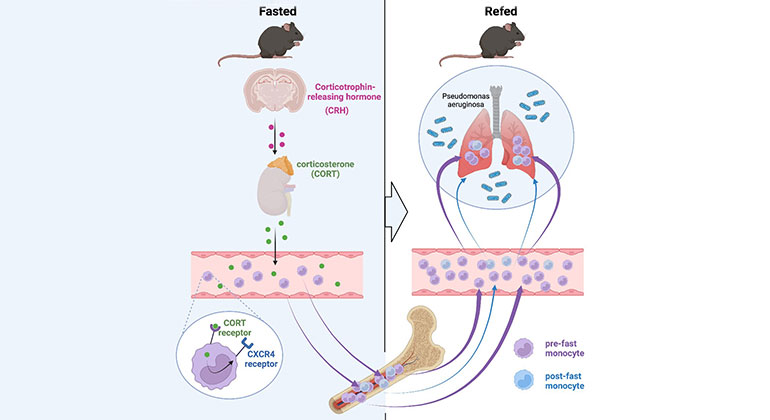
Skipping Breakfast May Compromise the Immune System
Feb 23, 2023 View All Press Releases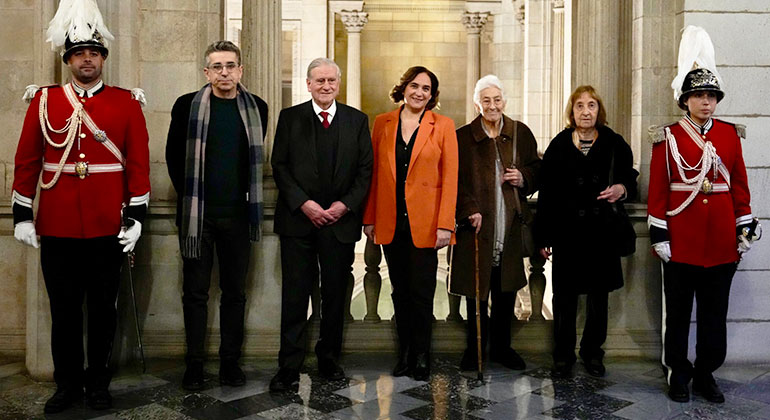
Valentin Fuster, MD, PhD, Receives Prestigious Award from City of Barcelona, Spain
Jan 23, 2023 View All Press Releases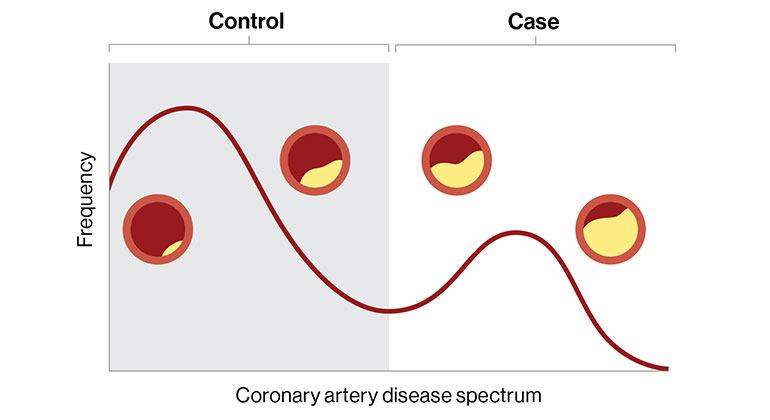
Digital Marker for Coronary Artery Disease Built by Researchers at Mount Sinai
Dec 20, 2022 View All Press Releases